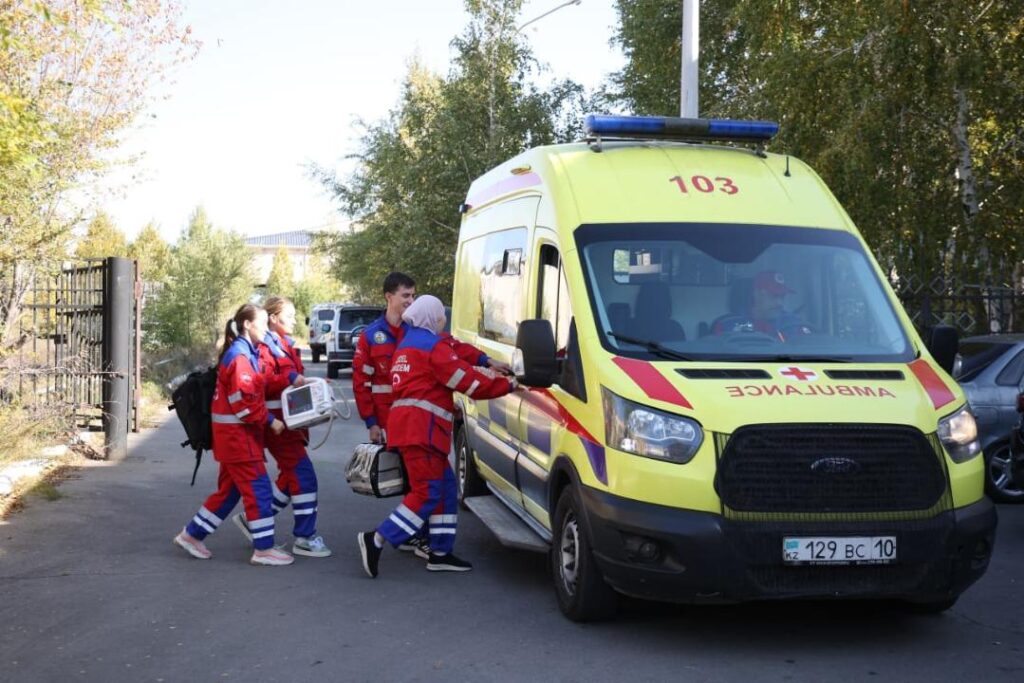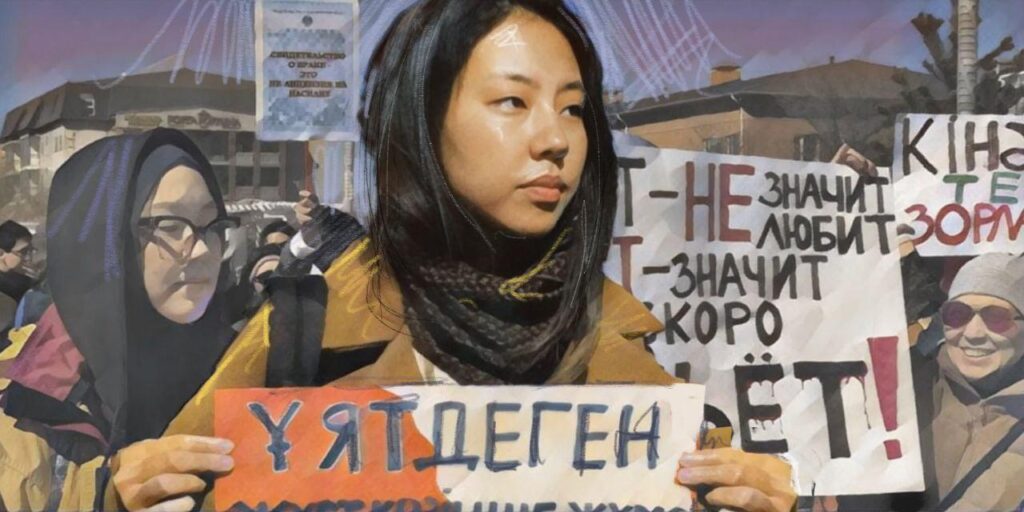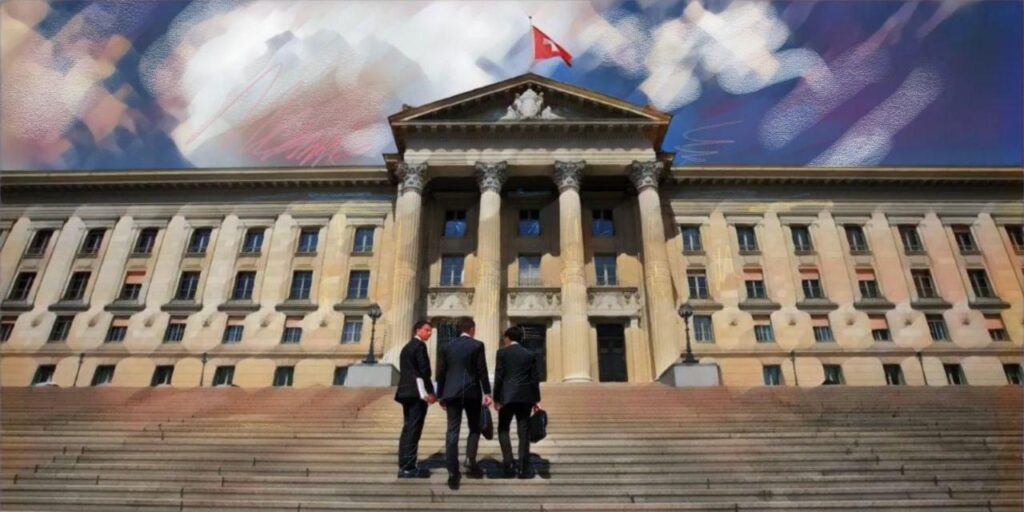Kazakhstan Claims Success in Asset Recovery, But Transparency Questions Linger
Kazakhstan’s authorities have presented the results of the campaign to recover illegally acquired or transferred assets as a major success. In September 2025, during his address to the nation, President Kassym-Jomart Tokayev signaled a transition from asset recovery to broader investor-protection priorities. According to Prosecutor General Berik Asylov, recoveries totaling hundreds of billions of tenge have been returned to the state since the launch of the asset-recovery campaign. This includes not only cash and securities, but also land plots, business assets, and luxury property. Overall, official estimates put the total value of assets clawed back under the campaign at around 1.2–1.3 trillion tenge (roughly $2.3 billion), though only part of this amount has been directly credited to the state budget. A tax on indulgence When the law “On the Return of Illegally Acquired Assets to the State” was adopted in 2023, it was presented not merely as a fiscal tool but as a means of restoring historical justice. As part of the concept of building a “Fair Kazakhstan,” the authorities promised that assets once hidden in offshore accounts or invested in luxury real estate abroad would be redirected toward social development. Two years later, it is clear that the assets have indeed been returned. Yet instead of a transparent process in which citizens could clearly see how recovered funds were being used, the system has created a dense layer of bureaucracy. Money has been accumulated in the Special State Fund (SSF), the operating mechanisms of which continue to raise questions among experts. Despite official reports highlighting the construction of social facilities financed with seized assets, public debate over the transparency of the fund has not subsided. The authorities have also declined to publish the names of former asset owners or detailed information on specific accounts, enterprises, or land plots transferred to the state. A defining feature of the campaign was the rejection of a purely punitive approach. Instead, the government introduced a mechanism of “voluntary return,” effectively offering members of the elite a compromise: return swathes of your illegally acquired wealth, and the state will refrain from pursuing past offenses. The law clearly defined the target group, focusing on individuals owning assets valued at more than 13 million MCI, or roughly $100 million. This ensured pressure on large capital holders while shielding medium-sized businesses. At the same time, the closed nature of the list created a powerful instrument of leverage over the business elite. Experts have described this approach as a “tax on indulgence.” Rather than engaging in lengthy and uncertain international legal battles over offshore assets, Astana has opted for pretrial settlements. In legal terms, this takes the form of procedural agreements in which suspects acknowledge wrongdoing, return assets, and receive reduced sentences or exemption from liability. The most prominent and controversial example is the case of Kairat Satybaldy, a nephew of former president Nursultan Nazarbayev. After returning assets reportedly worth approximately $1.4 billion, he received a reduced sentence and was released ahead of schedule. From a fiscal standpoint,...






